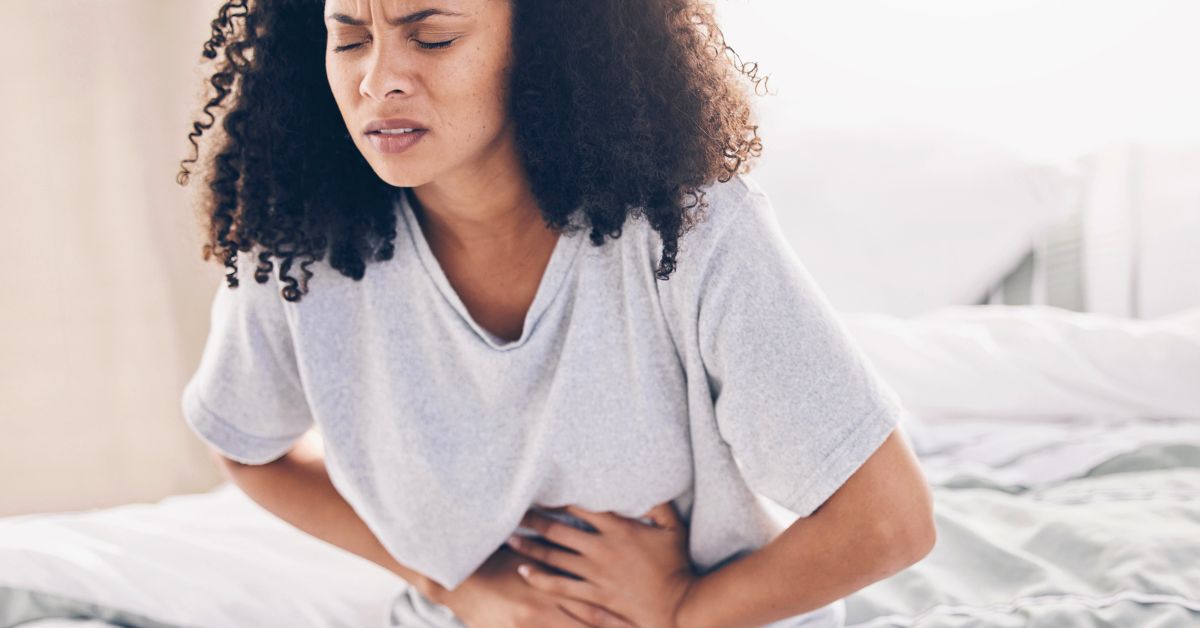Cervical cancer does not discriminate based on age. Young women, too, face risks associated with this disease, and understanding the facts is crucial for early detection and prevention.
In this blog post, we’re shedding light on the truth. Read on as we bust five common myths surrounding cervical cancer in young women.

Myth #1: Cervical Cancer Only Affects Older Women
Reality: Cervical cancer can occur at any age, and young women are not immune to its risks. While the risk increases with age, cases of cervical cancer have been diagnosed in women in their 20s and 30s. Regular screenings and vaccinations are crucial for early detection and prevention.

Myth #2: Only Promiscuous Women Get Cervical Cancer
Reality: Cervical cancer is not solely linked to sexual activity or promiscuity. The primary cause of cervical cancer is persistent infection with certain types of human papillomavirus (HPV). HPV can be contracted through any form of sexual contact, including intimate skin-to-skin contact. Regular screenings and vaccinations are essential for all sexually active individuals.

Myth #3: Cervical Cancer Has No Warning Signs
Reality: Cervical cancer often exhibits early warning signs that should not be ignored. Symptoms may include abnormal vaginal bleeding, pelvic pain, pain during intercourse, and unusual discharge. Young women should be vigilant and consult a healthcare professional if they experience any of these symptoms, even if they seem mild.

Myth #4: Pap Smears Are Unnecessary for Young Women
Reality: Pap smears, or Pap tests, are crucial for detecting abnormal cervical cells early on, providing an opportunity for intervention before cancer develops. The American Cancer Society recommends that women begin regular Pap screenings at the age of 21. These screenings play a vital role in preventing cervical cancer in young women.

Myth #5: The HPV Vaccine Is Not Necessary
Reality: The HPV vaccine is a powerful tool in preventing cervical cancer. It protects against the most common types of HPV that lead to cervical cancer and other related diseases. The Centers for Disease Control and Prevention (CDC) recommends routine HPV vaccination for both males and females starting at age 11 or 12, emphasizing the importance of vaccination before sexual activity begins.
Prioritize well-being through regular screenings, vaccinations, and open communication with your doctor.

